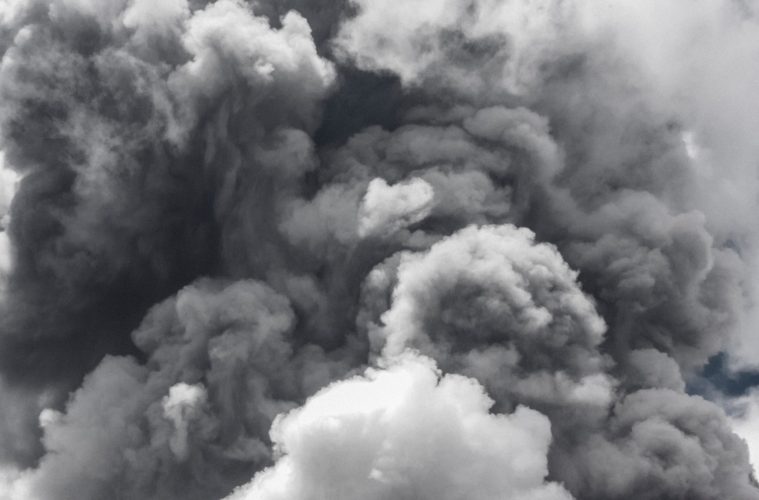The dangers of smoke, as well as heat and fire in a property, should not be underestimated. House fires claim the lives of over 200 people each year, highlighting the importance of smoke alarms. And it’s not just in a domestic setting- commercial properties should also have properly installed smoke alarms, as well as the legally required detectors, to decrease the risk of fatalities if a fire occurs.
Smoke alarms are inexpensive, easy to install and maintain and can save lives. Here we explore some key facts around fires in the UK and guidelines on installing smoke alarms.
Fires in the UK
Statistics show that there are some common factors involved with the majority of house fires–
- Most occur within the home between 10pm and 6am when people are asleep.
- There are about 37,000 house fires a year in the UK, the majority of which are caused by electrical equipment misuse- the most common (around 48%) being cooking appliances.
- In the year to Sept 2018, 38% of battery-operated smoke alarms did not sound during a fire due to missing, flat or disconnected batteries.
Other causes of house fires include smoking items, candles, matches and heating appliances. With a properly fitted and working smoke alarm installed, you are more likely to survive a house fire due to the early warning. Fire spreads incredibly quickly so acting fast is imperative.
How does a smoke detector work?
There are two main types of smoke detectors available – ionisation and optical.
- Ionisation– these are the most common for domestic use and are generally the cheapest to buy. Very sensitive to small particles of smoke, they will detect the fire before the smoke becomes thick, therefore giving an early warning of any danger. Although they can be over-sensitive in a kitchen, they are very effective.
- Optical– these detect larger particles such as those from upholstery or wiring and are a little less sensitive than ionisation smoke alarms.
Other types of early warning detector include heat alarms, which detect increased temperatures rather than smoke, and combined smoke and heat alarms.
For maximum safety, at least one smoke alarm should be fitted on every floor of your home.
How to maintain a smoke alarm
Whether in a domestic or commercial setting, it’s important to properly maintain your smoke alarms by following these guidelines-
- Do not tamper with them and do not disconnect or remove the batteries, even if your smoke alarm goes off by mistake.
- Test your smoke alarms at least once a month and get into the habit of making it part of your routine. To be extra safe, choose longer life batteries.
- Replace your smoke alarms every ten years to ensure maximum safety.
Other safety precautions you can take include planning escape routes in case of a fire, taking care with candles, cigarettes and electrical equipment and avoiding overloading plug sockets.
By following these simple guidelines on smoke detectors and fire precautions in the home, you’ll increase your safety and lower your risk of a house fire.




